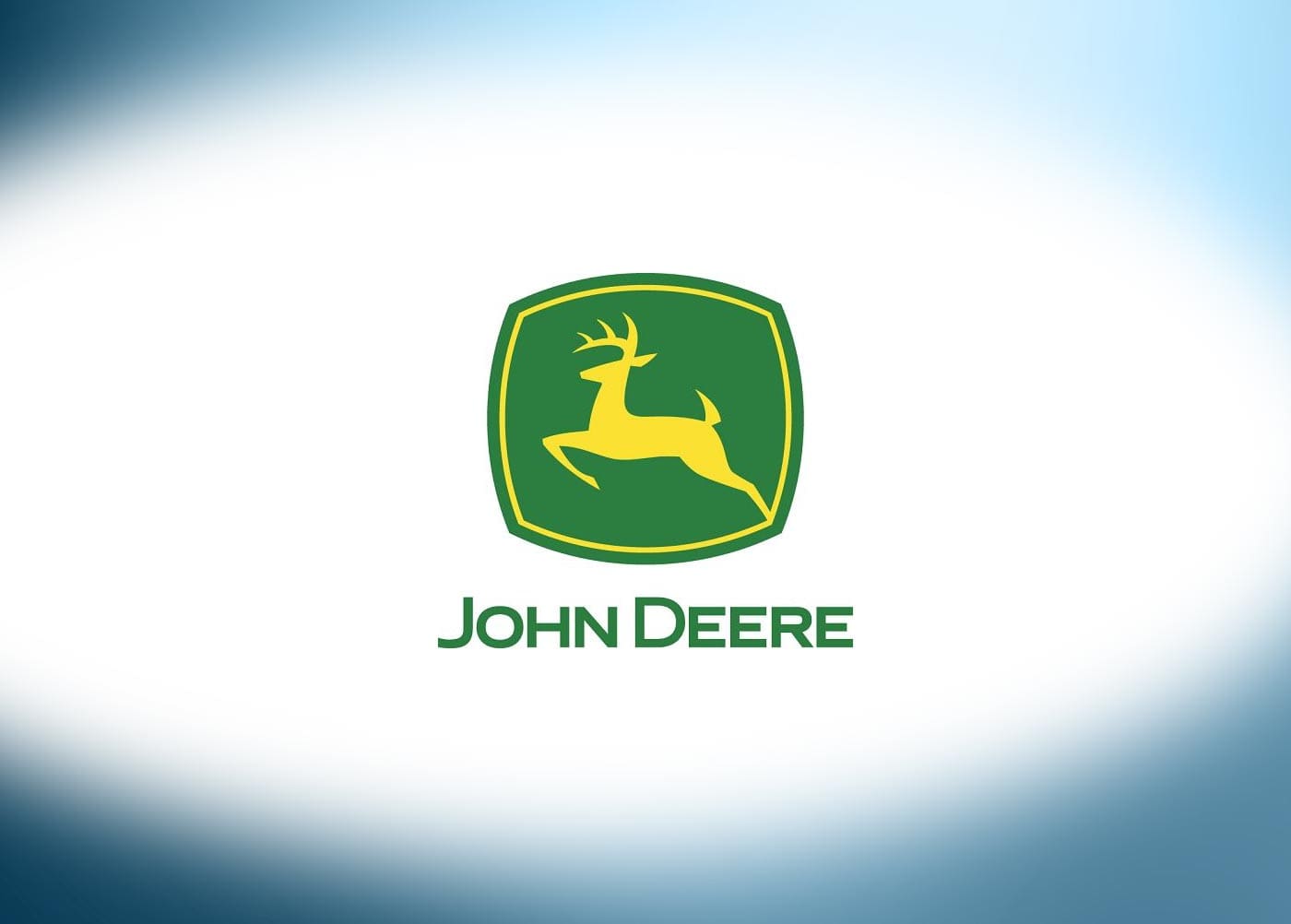01. History of Asbestos Use
Deere & Company History of Asbestos Use
Deere & Company was founded in 1837 in Grand Detour, Illinois. John Deere founded the company after he invented the first steel plow. Deere’s plow allowed farmers to easily cut through thick midwestern soil, unlike the cast-iron plows of the time.
In the following years, Deere manufactured steel plows through his blacksmith business and sold them to farmers in his community. In 1848, Deere moved his business to Moline, Illinois and produced 1,600 plows a year by 1850.
Deere grew his namesake company throughout the late 1800s by inventing farming equipment and patenting his inventions. Deere & Company continued to grow through acquisitions and product innovation in the 20th century, and in 1868, rebranded as Deere & Company, Inc.
By the 1940s, Deere & Company was integrating asbestos components into its machinery. The components included asbestos gaskets and brake linings.
Asbestos parts were either installed into machinery or sold as replacement parts through the Deere network of independent dealers.
Prior to the 1980s, asbestos was commonly used in farming equipment for its durability and resistance to heat.
The company purchased all asbestos parts from third-party companies and did not manufacture its own asbestos components. Deere & Company purchased asbestos parts from multiple companies, including Dana Companies, LLC.
According to court documents, Dana Companies manufactured and supplied asbestos gaskets to Deere & Company dealerships. Dana Companies also supplied asbestos products to several other businesses in the automotive industry.
By the 1980s, Deere & Company discontinued the use of asbestos parts in line with more strict regulations.
Since the discontinuation of asbestos parts, the company has faced a number of asbestos lawsuits from individuals who experienced asbestos exposure from its products. Deere & Company continues to be mentioned in lawsuits by former employees and those who worked on the company’s old tractor models.
Today, Deere & Company continues to be a leading retailer of tractors and farming machinery in the United States.
Resources for Mesothelioma Patients
02. Asbestos Products
Deere & Company Asbestos Products
Deere & Company has specialized in tractors and farming equipment since its founding. The company’s incorporation of asbestos components began around 1940. Court documents indicate tractor models 1010, 2010 and 3010, among others, contained asbestos components.
A 1967 Deere & Company tractor catalog stated clutch facings were made of “heavy-duty, wire-inserted, woven asbestos for longer life and better performance.”
Deere & Company did not manufacture its own asbestos parts, but purchased gaskets, clutch facings and brakes from other asbestos companies. These parts were added to Deere & Company products and sold as replacement parts.
Asbestos-containing gaskets and clutch facings were added to Deere & Company tractors for heat resistance, smooth braking capabilities and longer lifespan. When asbestos gaskets and brakes were installed or repaired, asbestos exposure was likely to occur.
Asbestos parts used by Deere & Company include, but are not limited to:
- Brake linings
- Clutch facings
- Gaskets
03. Occupational Exposure
Deere & Company and Occupational Exposure
Deere & Company’s asbestos-containing products may have exposed individuals in several industries to asbestos. Prior to the 1980s, farmers and mechanics were likely to come into contact with asbestos components when working on Deere & Company tractors.
The process of stripping and removing asbestos gaskets led to airborne asbestos fibers being easily inhaled. Deere & Company’s employees were also vulnerable to asbestos exposure during this process. Workers may still face exposure when operating or repairing old John Deere equipment.
04. Asbestos Litigation
Asbestos Litigation Against Deere & Company
Deere & Company’s use of asbestos components within its product lines caused many individuals to experience asbestos exposure. As a result, the company faces lawsuits from those who have been diagnosed with an asbestos-related disease as a result of exposure. If you believe you or a loved one was exposed, learn how a mesothelioma lawyer can help.
In one case, Thomas Mitchell filed a lawsuit against Deere & Company and several other businesses after being diagnosed with mesothelioma.
Mitchell worked on tractor equipment as a Deere & Company employee. He also worked on a Bechtel Corporation construction site in Pittsburgh, Pennsylvania where asbestos was present. Between 1942 and 1956, Mitchell claimed he was exposed to asbestos at both workplaces.
The Mitchell family was awarded $5.9 million in damages. Deere & Company was found 1.5% liable and Bechtel Corp was found 2.79% liable.
Deere & Company does not have an established asbestos trust fund. The company continues to be named in lawsuits and pays claimants from its own funds. Successful asbestos exposure claims against Deere & Company may result in compensation for victims.




